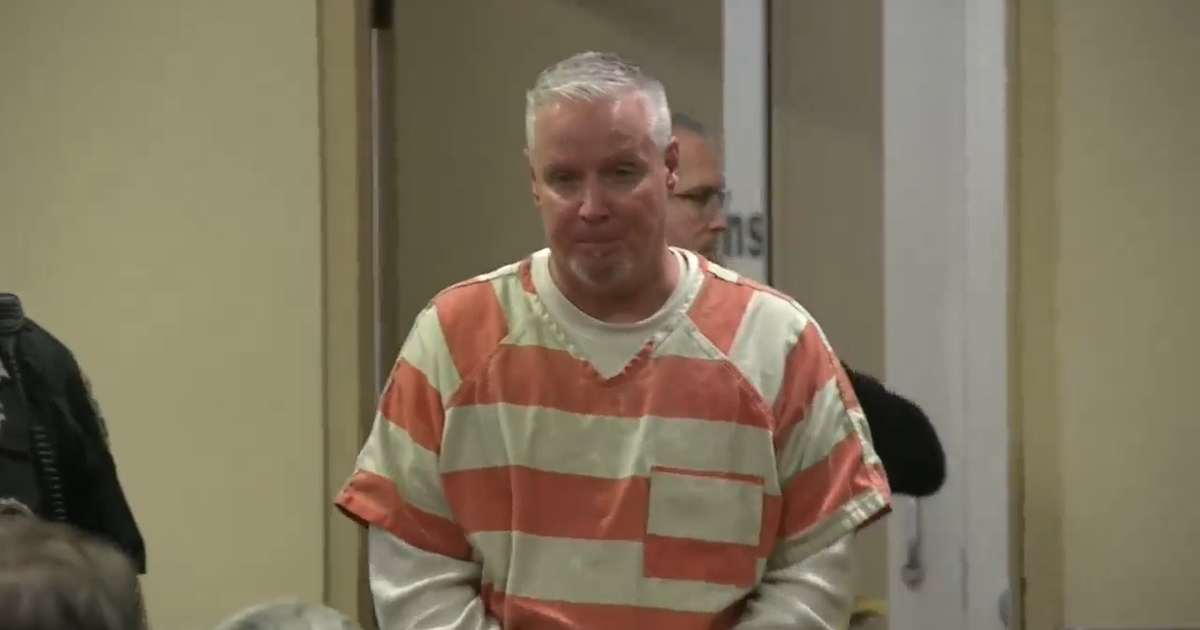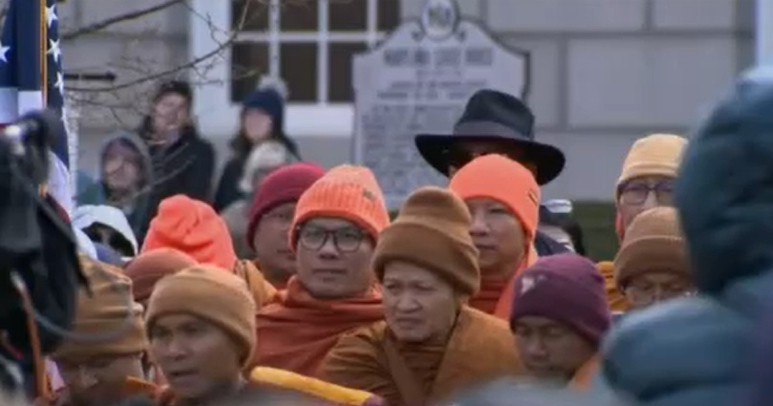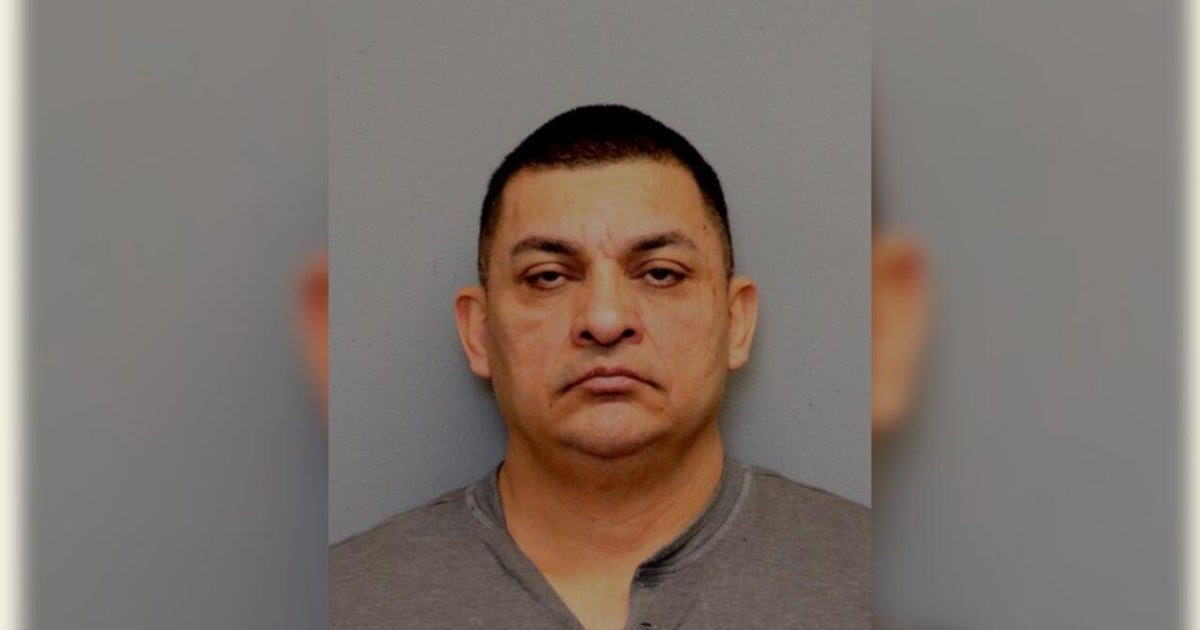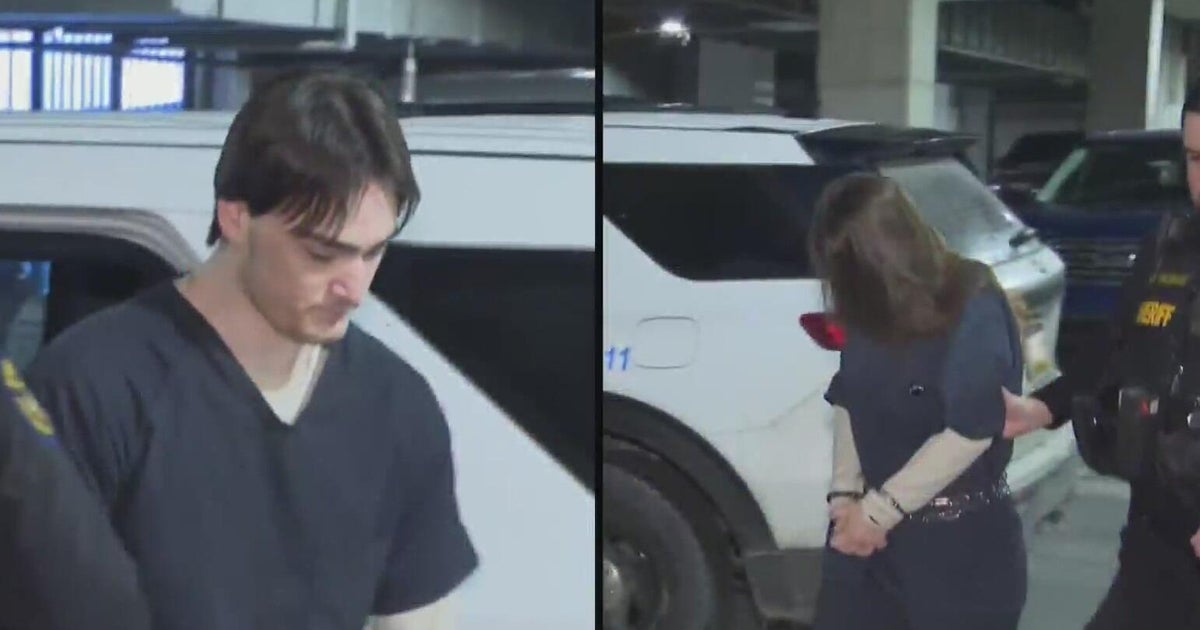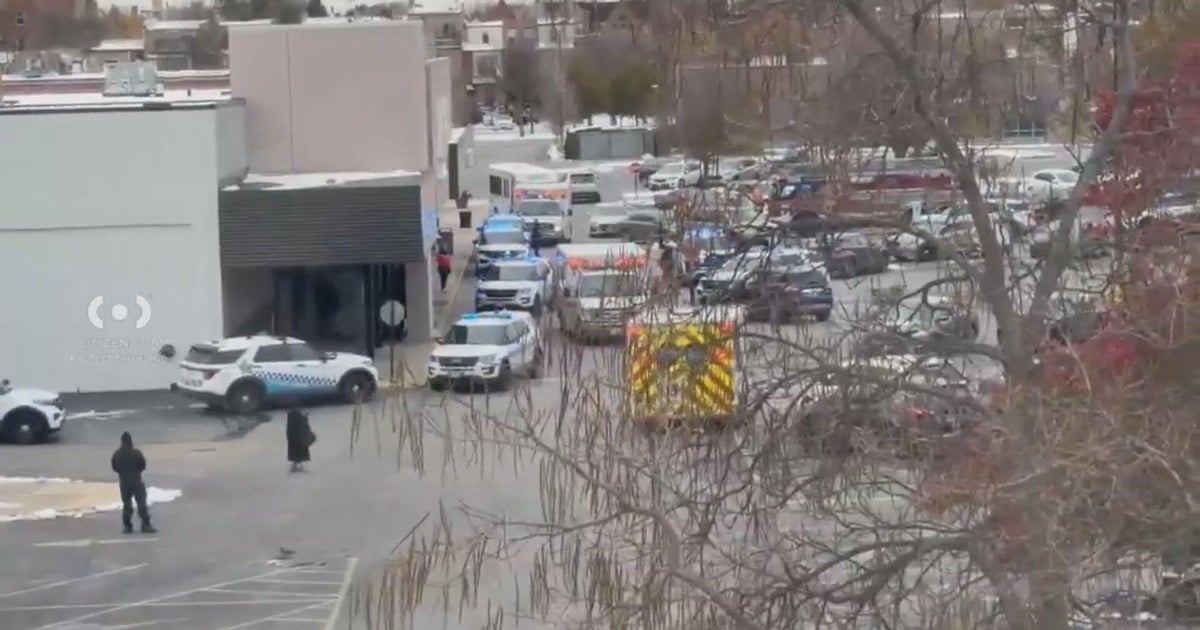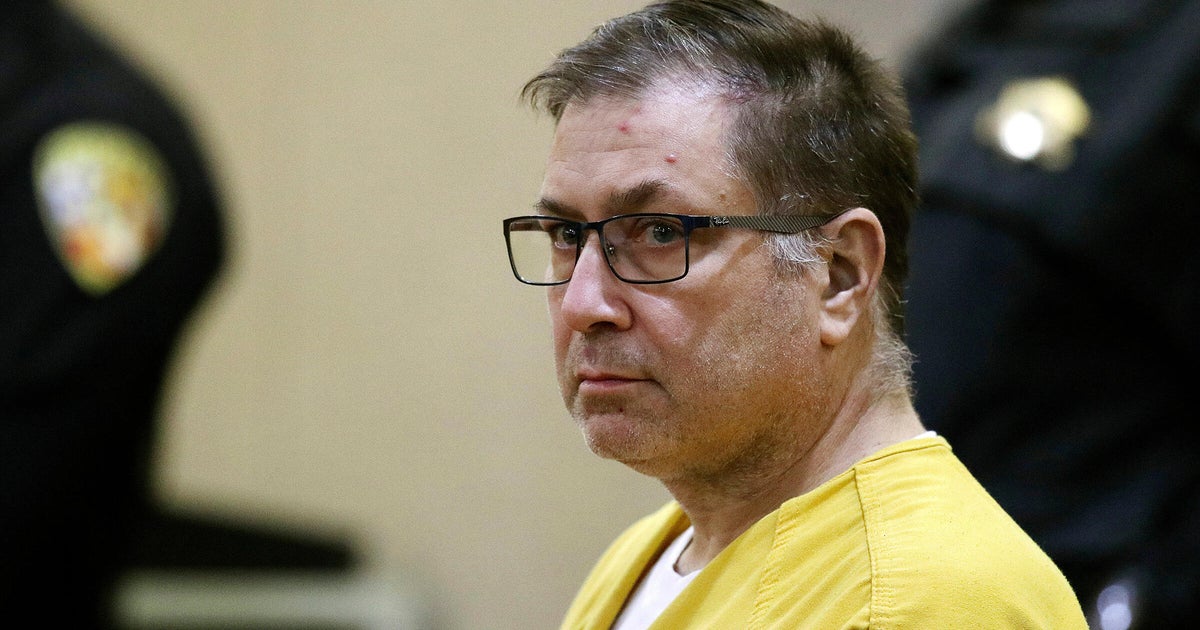Trial Inches Closer For Defendant In Capital Gazette Shooting Rampage
ANNAPOLIS, Md. (WJZ) -- Three hundred potential jurors answered questions in the Capital Gazette murder case Friday. It is the first step toward picking a jury in the high-profile case.
The trial for Jarrod Ramos is expected to start in early November. Members of the jury pool who make the initial cut will be brought back on October 30th for a three-day jury selection process.
Judge Laura Ripken will then seat a jury of 12 and several alternates.
"It's a long, drawn-out process and it's even longer and more drawn out when you need a jury pool this big," said legal analyst Adam Ruther. "Everybody is entitled to the exact same due process of law, and that's exactly what this defendant is going to get."
Knowledge of the case is not an immediate disqualification for a potential juror.
The shootings in June 2018 garnered worldwide attention. Police said Ramos, armed with a pump-action shotgun, barricaded the exits to the Capital Gazette newsroom in Annapolis and opened fire.
Five people were killed: Gerald Fischman, Rob Hiaasen, John McNamara, Rebecca Smith and Wendi Winters.
RELATED COVERAGE:
- Capital Gazette Awarded Pulitzer Prize Special Citation
- Memorial Held For 5 Employees Killed In Capital Gazette Shooting
- A Year After Capital Gazette Attack, Journalists Embraced By Annapolis
Winters was the special publications editor. McNamara was a writer. Fischman was editorial page editor. Smith was a sales assistant. Hiassen was an assistant editor and columnist.
"It was the deadliest assault against journalists in the history of the United States of America." Tribune Publishing board chairman David Dreier said on the one-year anniversary of the attack. "In fact, it was the most brutal form of attempted censorship."
Ramos held a vendetta against the Capital Gazette for an article they published about him years earlier and threatened several reporters in online rants. He faces life in prison without parole if convicted of the murders.
The trial will proceed in two phases. The first will determine his guilt or innocence. The second will determine whether he is not criminally responsible by reason of insanity.
The judge has already received Ramos' mental health evaluation by the state department of health.
Ruther said for the insanity defense, jurors must decide "whether a mental incapacity resulted in that defendant not being able to — number one — appreciate the wrongfulness or illegality of what they were doing."
In spite of the tragedy, the newspaper put out a print edition the next day and won a special citation from the Pulitzer Prize Board for their commitment during "a time of unspeakable grief."
"More than anything else, I would want a jury that would be engaged with what they're going to hear from expert witnesses, what they're going to hear as far as nuanced testimony as to how the defendant was behaving at the time of those events," Ruther said. "I would want a jury to grasp those legal concepts and understand how important it is to apply them in this legal context."
